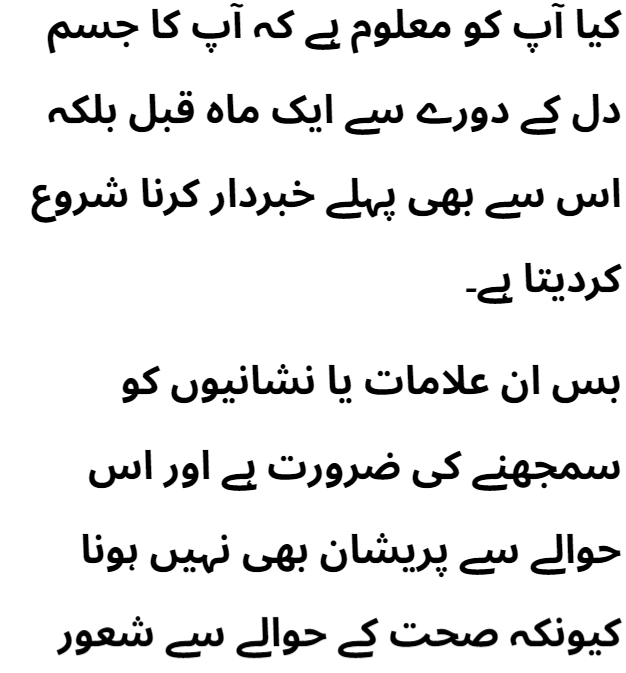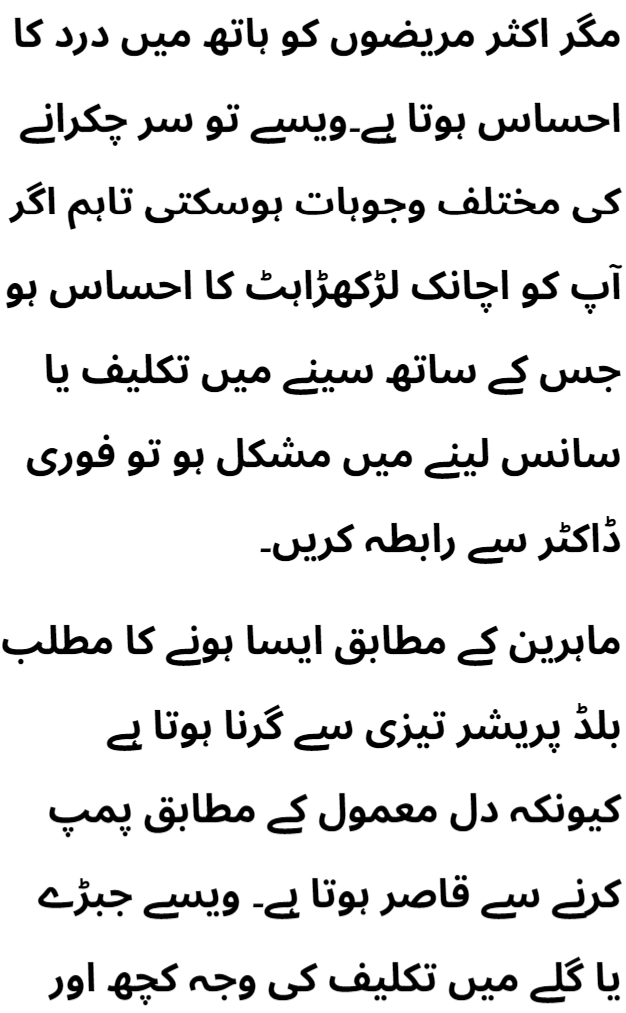A heart attack, also known as myocardial infarction, is a medical condition in which the blood flow to a part of the heart muscle is blocked. This can happen when a blood clot forms in one of the coronary arteries, which are the blood vessels that supply blood to the heart. When the blood flow is blocked, the heart muscle does not get enough oxygen and nutrients, and it begins to die.
Causes of a heart attack: The most common cause of a heart attack is coronary artery disease (CAD). CAD is a condition in which atherosclerotic plaques build up on the walls of the coronary arteries. Atherosclerotic plaques are made up of fat, cholesterol, and other substances. Over time, these plaques can narrow and harden the arteries, making it difficult for blood to flow to the heart muscle.








Other common causes include high blood pressure, high cholesterol levels, smoking, obesity, and diabetes. Stress and a sedentary lifestyle also contribute to the risk. Recognizing these risk factors is crucial for making informed lifestyle choices that can mitigate the likelihood of a heart attack.
Early Signs and Symptoms
Spotting the early signs and symptoms of a heart attack is like having a key to unlock timely intervention. Here’s a breakdown of what to look out for:
Chest Discomfort
The most well-known symptom is chest pain or discomfort. It might feel like pressure, squeezing, fullness, or pain in the center of the chest. This sensation can last more than a few minutes or come and go.
Shortness of Breath
If you find yourself unexpectedly short of breath, especially in conjunction with chest discomfort, it could be a warning sign. Pay attention to whether this happens during rest or physical activity.
Upper Body Discomfort
Discomfort in one or both arms, the back, neck, jaw, or stomach can signal a heart attack. It may not necessarily be a sharp pain but more of an uncomfortable pressure.
Fatigue
Unexplained fatigue, especially in women, is a symptom that shouldn’t be ignored. Feeling unusually tired, even after a good night’s sleep, could be an early indicator.
Cold Sweats and Nausea
Breaking out into a cold sweat, along with feelings of nausea or lightheadedness, can be indicative of a heart attack. These symptoms are often overlooked but should be taken seriously.
Taking Action
Being aware of the causes and recognizing early signs is crucial, but knowing what to do next is equally important. If you suspect you or someone else is experiencing a heart attack, the first step is to call emergency services immediately. Every minute counts when it comes to a heart attack.
While waiting for help, if you have been prescribed nitroglycerin, taking it as directed can help alleviate chest pain. Chewing or swallowing an aspirin, unless you are allergic, can also aid in thinning the blood and improving blood flow.
Some FAQs about Heart Faliure:
1. FAQ: Can young people experience heart attacks?
Answer: Yes, although less common, young individuals can experience heart attacks. Factors such as genetic predisposition, substance abuse, and certain medical conditions can contribute. It’s crucial for everyone, regardless of age, to be aware of heart health and adopt preventive measures.
2. FAQ: Is there a difference in symptoms between men and women during a heart attack?
Answer: Yes, there can be differences. Women may experience atypical symptoms like jaw pain, back discomfort, or extreme fatigue, which can be overlooked. Recognizing these subtleties is vital for early detection and seeking prompt medical attention.
3. FAQ: Can stress alone cause a heart attack?
Answer: While stress is a contributing factor, it’s rarely the sole cause of a heart attack. Chronic stress can lead to unhealthy lifestyle choices, such as smoking or overeating, which increase the risk. Managing stress through relaxation techniques and lifestyle changes is crucial for heart health.
4. FAQ: Can a vegetarian or vegan diet prevent heart attacks?
Answer: Adopting a plant-based diet can contribute to heart health by reducing the risk factors associated with heart attacks. However, it’s essential to maintain a well-balanced diet, ensuring sufficient intake of essential nutrients. A vegetarian or vegan diet, when done mindfully, can be part of a heart-healthy lifestyle.
5. FAQ: Are there warning signs before a heart attack that can be mistaken for something else?
Answer: Yes, some warning signs may be subtle and mistaken for other conditions. Unexplained fatigue, shortness of breath, or mild discomfort in the upper body might be attributed to stress or other factors. It’s crucial to pay attention to persistent or unusual symptoms and seek medical advice if in doubt.
Conclusion
Prioritizing heart health is not a luxury; it’s a necessity. By understanding the causes and early signs of a heart attack, we can take proactive steps to reduce our risk and safeguard our well-being. Regular exercise, a balanced diet, and stress management play pivotal roles in maintaining a healthy heart.
In the grand symphony of life, our hearts are the conductors. Let’s listen to their silent beats, understand their language, and take steps today that resonates with a healthier tomorrow. Your heart, after all, deserves a standing ovation for the tireless performance it delivers every day
